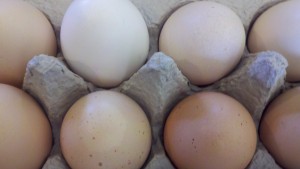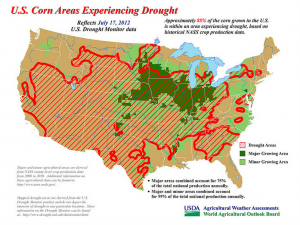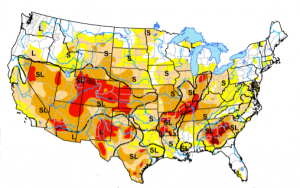Emptywheel’s Pro Football Turkey Day Trash Talk
Well, here it is Turkey Day time and there is a big day of football scheduled to go with the bird and fixins. First off, all of us here, me. Marcy, Jim, Rayne and Roving Reporter Rosalind are thankful for your willingness to join us, help us work through difficult issues and support our work. Thank you. Okay, turkey trash talking time!
First game out of the chute is the Pack ‘O Cheese at the Kitties in Detroit. Marcy wants me to talk about how Matt Flynn isn’t worth squat except for in games like this and that he has gotten rich off of just a couple of them. Nope, not gonna do it; won’t jinx Flynn like that. I WANT to say the Packers have a great chance of winning this game, but I can’t. Lions are better at QB, at least as good at RB with Reggie Bush and have Megatron. Oh, and a killer (sometimes more than figuratively) defensive line. If Aaron rodgers were back, it is a whole different story, but he is not. The one weakness of Detroit is the secondary; if Flynn can get some time, he may make some hay there. Still, unless Matt Flynn pulls another miracle out of his butt, edge to the Lions.
Second game is Raiders at Cowboys. This is just L-tryptophan time filler. Seriously, the Raiders suck. They were almost starting to gel with Terrelle Pryor, he of the Sweatervest criminal Ohio State fame, at QB, but he is down and Matt McGloin is up. McGloin has actually not been horrible so far, but Dallas at home for Thanksgiving day is a tall order. Tony Romo and Dez Bryant are starting to click. Heck, there has even been a Demarco Murray siting the last couple of weeks. Dallas needs a win, because the Eagles are also gelling behind Nick Foles and the NFC East is down to those two. How bout them Cowboys!
The night game is on NBC this year, not NFL Network like it was for so long, and features the Steelers at the Defending Champ Ravens. This could be a pretty decent game. Both teams a little spotty this year, but coming together in the second half of the season, especially the Stillers. Both teams are 5-6 and trail the slumping Bengals in the AFC North. The winner of this game has a shot at the playoff; the loser is in trouble. I think Big Ben is just playing better than Flacco right now and that is the difference. But the home field will help the Ravens. A pick em, with a slight edge to the Stillers for an upset in the Ravens home nest.
As you can tell, the tunes this time are supplied by the great John Cash. A superb version of Ghost Riders in the Sky. And here is an absolutely fantastic long form article by Roseanne Cash on her and her father. It is really wonderful, comes with beautiful pictures and is a highly recommended read.
Happy Thanksgiving folks!




